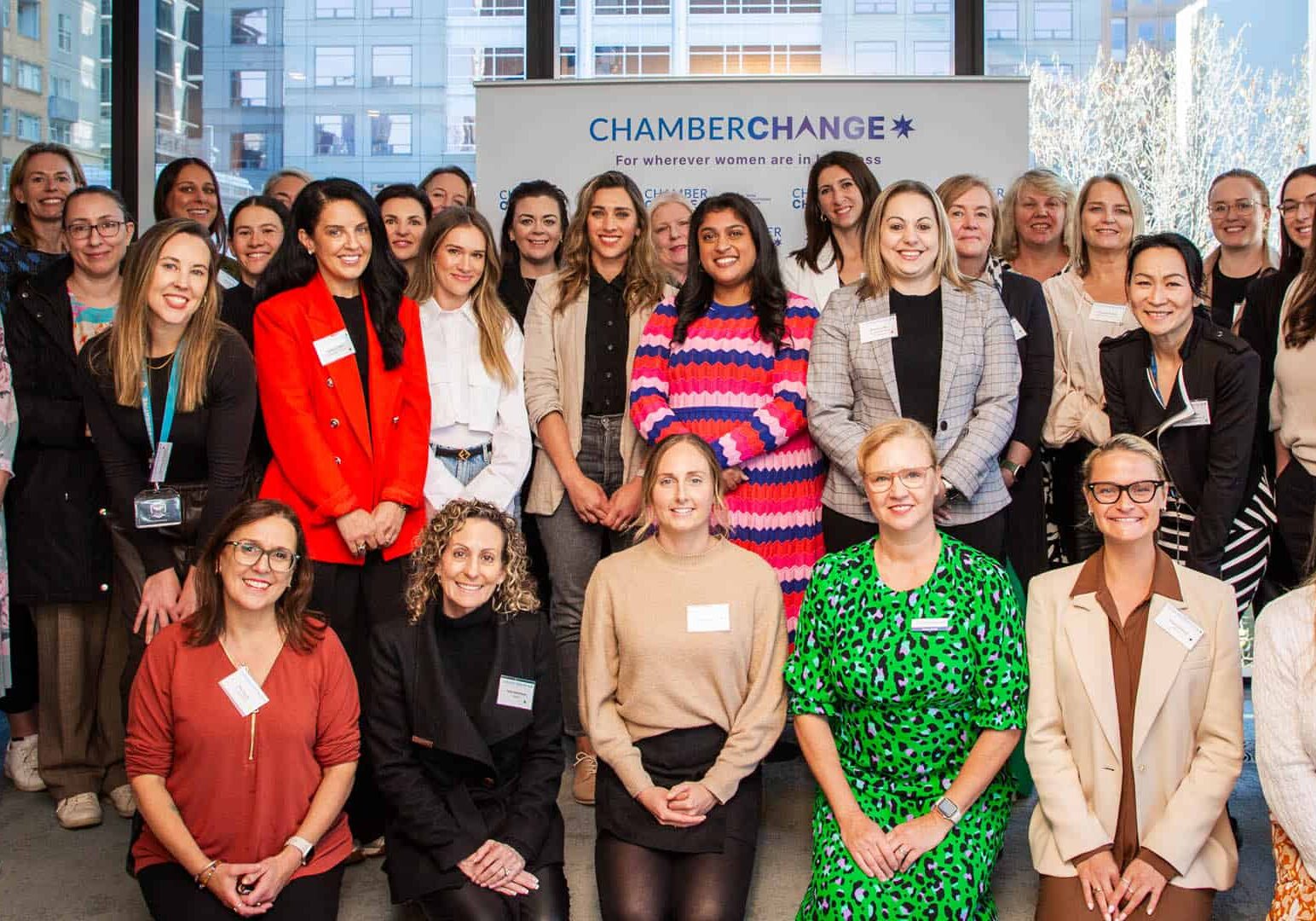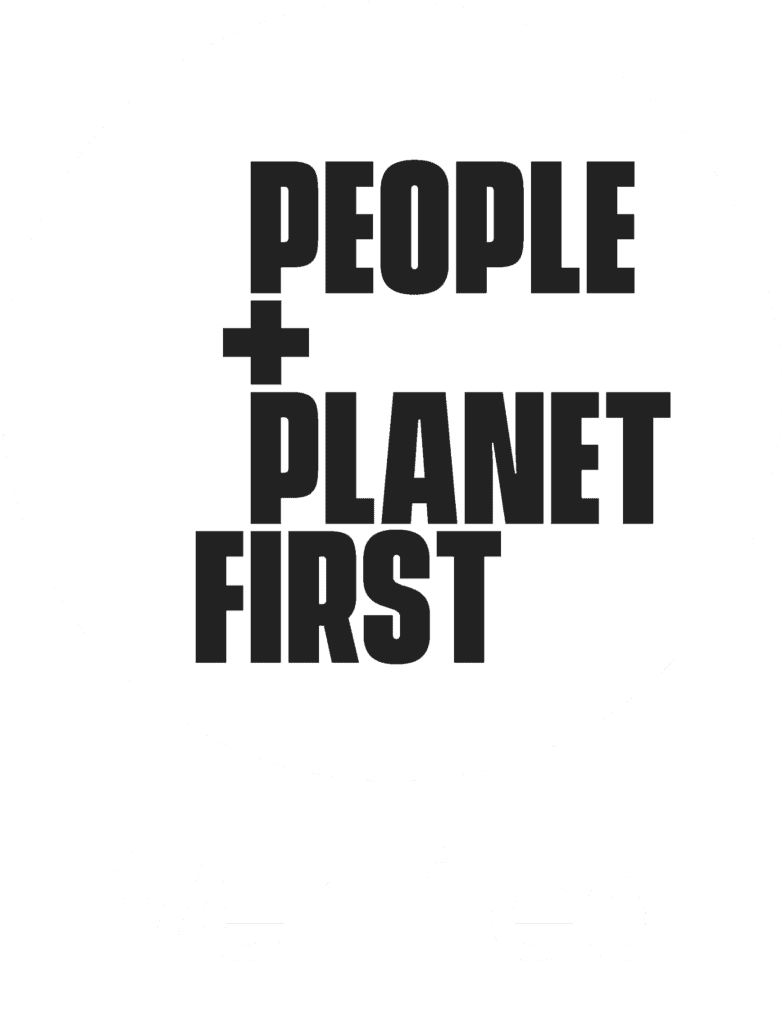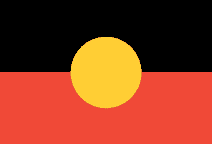Mentoring has benefits for mentors and mentees alike.
For those from diverse backgrounds, mentoring can be especially important for breaking down career barriers and opening doors that would otherwise remain closed. For mentors, it’s a means of reflection and education.
At the Hellenic Australian Chamber of Commerce and Industry Vic (HACCI), mentoring is a way of giving back.
The HACCI mentoring program has been running since 2015 and after beginning with less than five mentees, has expanded to 52 pairs of mentors and mentees in its most recent year. It evolved out of an internship program that the organisation used to run to help young professionals gain work experience to assist them in their quest to enter the workforce.
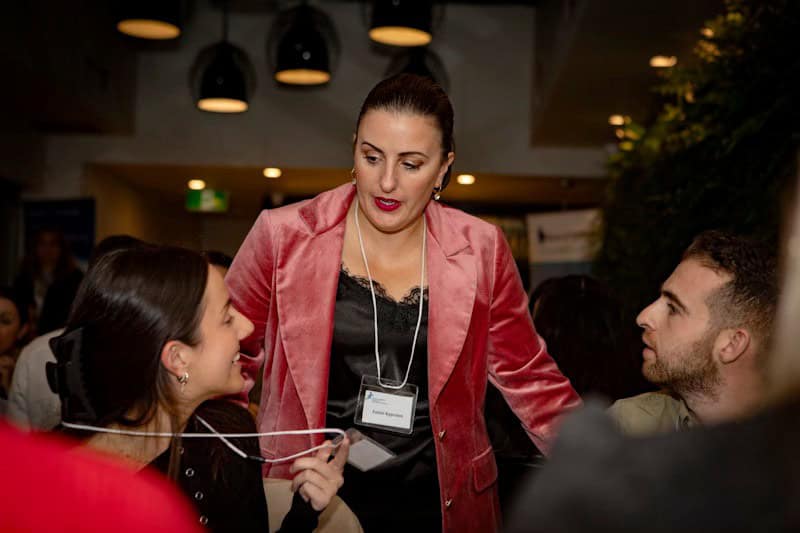
Mentees are able to request to be placed with a mentor relevant to their interests and career goals – for example, they can request to be mentored by someone in their ideal industry, or by someone with experience that they feel like they can best benefit from, or someone whose gender aligns with their own. A subcommittee takes the request and combs through HACCI’s network for someone who might fit the bill. Mentees are encouraged to think broadly about the sort of person who might mentor them, and tap into all their interests and passions to share their experiences and find someone who might be able to provide guidance and advice for their current circumstances or desired goals.
Fotini Kypraios, Board Chair at HACCI, said this works because the mentors are “so passionate about helping the next generation”. Now that the program has been running for a few years, HACCI has built up a network of professionals across diverse industries, all interested in lending their time and expertise to mentoring. All mentors are volunteers, in what Fotini calls a “labour of love”. She said mentors are invested in helping the next generation succeed.
“You don’t have to be Greek to participate, but we found that people from multicultural backgrounds or diverse backgrounds, especially when they’ve got experience or they’ve reached success in their careers or their industries, are enthusiastic about giving back and they’re willing to give their time and help any way they can,” she explained.
It’s a similar story at Fitted for Work, a not-for-profit that helps women develop the skills to achieve secure employment and economic empowerment. Volunteer Coordinator at Fitted for Work, Gina Roggmann, said there is plenty of interest from volunteers keen to pass on their knowledge through mentoring. Some of those are previous clients of Fitted for Work who have found employment and now want to give back to the organisation that helped them out, while others just sympathise with the mission of Fitted for Work.
Evolving relationships
Fitted for Work currently has 98 active mentoring relationships, and 33 new mentors joined the program in 2023. Clients who approach Fitted for Work are offered a variety of services most suitable to their needs, which often includes information about the mentoring program. Mentoring is available to all clients once they’ve attended an information session that prepares them on what to expect. The program involves a six-to-12-month formal commitment, depending on the mentee’s situation, however there is scope for the program to run shorter or longer if needed as it is focused on job readiness and helping mentees to secure employment. Mentors might help mentees work on cover letter development and preparing for interviews, or they may simply act as a sounding board that mentees can bounce ideas off.

“It’s around supporting the mentee and identifying limiting beliefs, and working together in reframing that,” explained Gina.
Mentoring doesn’t immediately come to an end once the mentee finds employment, she added. Fitted for Work believes it is important for mentees to receive ongoing support in their first few months of the job as well. Mentors are able to stay in touch with their mentee and debrief with them if the need as they settle into the new role. One the mentee feels confident and comfortable with where they are at, the mentoring relationship can be dissolved. Gina said at this point the relationship often evolves into friendship instead.
Gina said mentoring has been beneficial as a steady, ongoing source of support for clients, especially at a vulnerable point in their lives, giving them the confidence they need to get back out into a challenging jobs market. She has watched as countless mentors and mentees have built up trusting relationships and rapport, allowing for frank communication about each mentee’s needs. Meanwhile, mentors are “in awe” of the strength and determination of mentees, she said.
“This one person who is in your corner… can make a huge difference,” she added.
Seeing it, and being it
Women make up just over a third of those in key management positions across Australia, and just over 19 per cent of CEOs.
When the team at the Victorian Chamber of Commerce and Industry (VCCI) saw those statistics, they knew they had to do something to change them.
They started the Chamber Change program, which sees senior female leaders share their experiences to help others develop core skills and feel inspired to progress on their own leadership journey.
“We surveyed our members and 70 per cent said they wanted to see more women in positions of power while 50 per cent asked for more networking opportunities for women, so we developed a program that would help to do just that,” explained Chanelle Pearson, Chief of Staff at VCCI.
“We know that when you see it, you can be it. And we knew that – with the Chamber’s connections and capability – we could make a real difference.”
Chamber Change offers a safe space to speak about challenges that are common to women in executive roles: juggling family and work, breaking societal barriers, addressing socio-economic status and stereotypes, and more. Through networking and mentoring, it directly tackles the structural inequities that contribute to the low numbers of women in leadership in Australia.
“This networking we facilitate provides a resource for women in business to harness their power and draw on the expertise of women, perhaps not in the same industries, but at a similar level,” Chanelle said.
“As women in leadership capacities, we address our privilege, and strive to assist and enable women to reach their full potential in business, if that’s what they choose to do. The program itself is a form of ‘giving back’ and is designed to promote inclusion and break down barriers.”
An essential part of the program is the elevation of Champions – senior female leaders like CEOs, directors and vice chancellors, who throughout the program speak about their experiences and challenges. Some Champions go on to provide mentoring to participants outside of the program too.
Chamber Change has now grown into a community of women who support each other to thrive in business. They pass on this empowerment to others, creating a self-sustaining network of driven female professionals, Chanelle explained.
Jobsbank CEO Dr Karina Davis is currently working with VCCI as a Chamber Change Champion, and is looking forward to beginning her mentoring journey with the program.
“Women face an extra set of challenges when looking to progress in their careers, and for women who experience intersectionality, those challenges are compounded. I’m really looking forward to my role as a Chamber Change Champion, and seeing how sharing my story can help other women to thrive in their careers,” she said.
“We know that mentoring helps: it helps break down barriers and smash glass ceilings. I’m proud to be able to give back to the next generation.”
Accessible barrier-breaking
VCCI surveys participants in all Chamber Change programs. Ninety per cent said the program helped them to feel empowered and set up for success. Others told VCCI the program had been “life-changing”.
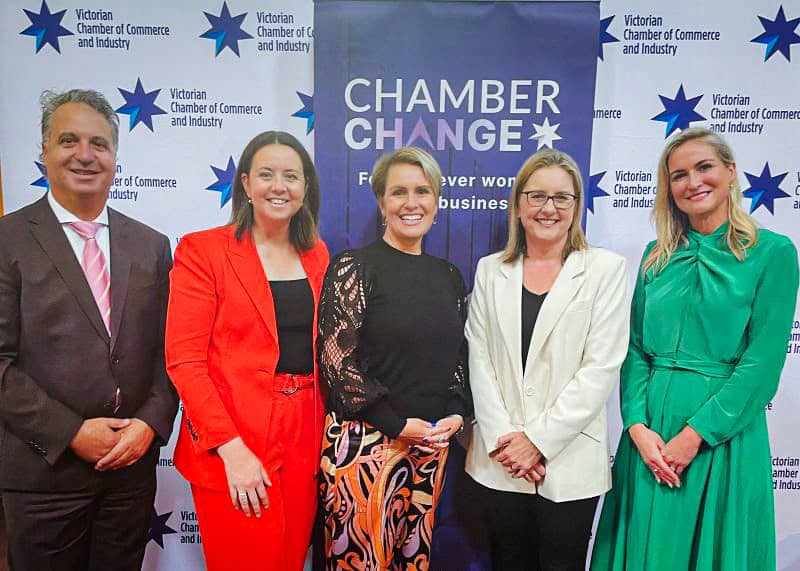
“The success of the Chamber Change program itself shows that the Victorian Chamber is making a huge contribution to empower vulnerable and marginalised groups to ensure they feel supported in their employment environment,” said Chanelle.
At HACCI, Fotini said both mentors and mentees find the program rewarding. For Fotini – who is also a mentor – it’s “invigorating” to work with the younger generation.
“They care about the world, and they care about making an impact. And they care about being good people. They’re ethical as well as being ambitious,” she said.
Many mentees have gone on to find employment through the program after meeting potential employers or making vital connections. She added that mentoring can be extremely beneficial for people from diverse backgrounds, including people with disability and culturally diverse people.
“I think it breaks down barriers… because the only criteria, if you like, is to turn up. This is the beauty of this mentoring program, it’s tailored around the mentee,” she explained.
This includes ensuring diversity of mentors as well: women, men, representatives of CALD communities, and people of all ages and career experiences.
“We’re very well equipped to break down [barriers]… and make things accessible because it’s very focused on the end user. Representation is super important. Mentoring programs in multicultural communities… or in the context of disability are even more important… because we need to get these programs out [and] bring them to the masses,” Fotini explained.
She added that many mentors feel an obligation to give back, having struggled in their early careers.
“Someone opened the door for us at some point and we got a job. It’s more important now than ever. That’s why we do it, and that’s why it’s so much fun. It’s a personal lens. It’s a professional and career-focused sort of program, but there’s so much more involved in it. From an emotional point of view, this is what feeds our soul.”
For more information on the benefits of mentoring, listen to Mentor Makeover: How to Make it Work for You, episode nine of season two of Jobsbank’s Getting It Right podcast.
